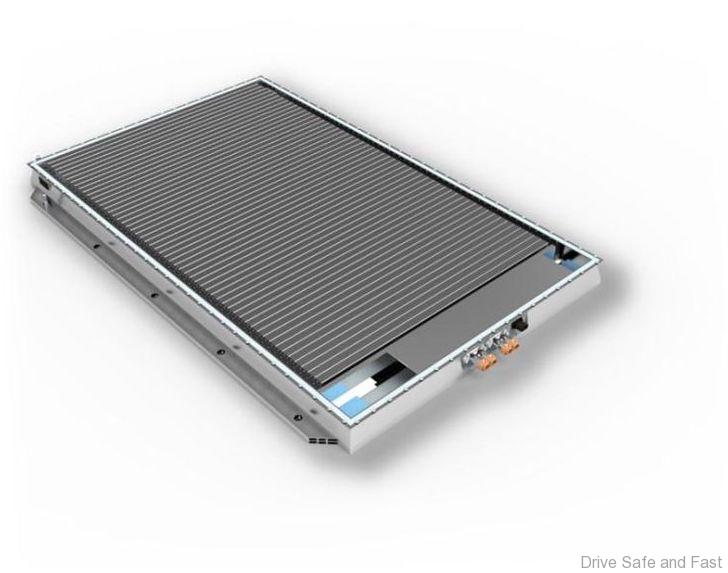Easily Understand EV Battery Degradation With This Tool
Geotab has pulled battery degradation data from 6,300 EVs

Mankind has always been evolving, In 1908, the Ford Model T was invented and now some 114 years later, we have electric vehicles (EVs), hybrid vehicles and even hydrogen cars! However, with innovation, there will always be some concerns and with EVs, battery degradation is a huge concern. Let’s discuss it.
Much like our smartphones, anything with a battery will eventually suffer battery degradation and this means the reduced battery capacity will eat into the range an EV can drive over time. This is an unfortunate long-term effect of battery usage, luckily, Geotab has a tool to help us understand battery degradation better.
Geotab is a leading telematics-fleet-manager company with access to 6,300 EVs and 21 specific EV models and what they found is personally shocking, as the losses experienced are actually negligible. Geotab’s tool pulls data directly from their fleet so it averages the amount of battery degradation to give us a better idea.
Geotab acquired FleetCarma, a technology provider for the support of EV use, in June 2018 and the data from this acquisition revealed that at the current rate of degradation, the overwhelming majority of EV batteries will outlast the typical life cycle of the EV itself, around 5 years or so.

The data also revealed that the average rate of battery degradation is 2.3 percent per year, so if one were to take an EV with a cruising range of 150 miles, that only means one would lose around 17 miles of usable range after 5 years.
Moreover, battery degradation happens in a non-linear fashion whereby there is a noticeable drop early on, but the decline becomes much slower in subsequent years.
On top of that, The data also revealed that liquid-cooled batteries experience slower rates of decline than air-cooled batteries. This was proven by Geotab recording a liquid cooled 2015 Tesla Model S degrading by 2.3 percent annually while an air-cooled 2015 Nissan Leaf degraded by 4.2 percent instead.
The data also revealed that smaller percentage battery capacities lead to faster degradation, more vehicle use does not necessarily mean more degradation, hot temperatures can lead to faster degradation and using DC fast chargers, especially frequent use of them in hot weather, speeds up degradation.

So there you have it, while battery degradation does happen it only affects an EV on such a small scale that its effects are almost non-existent, so don’t stress out about it.














